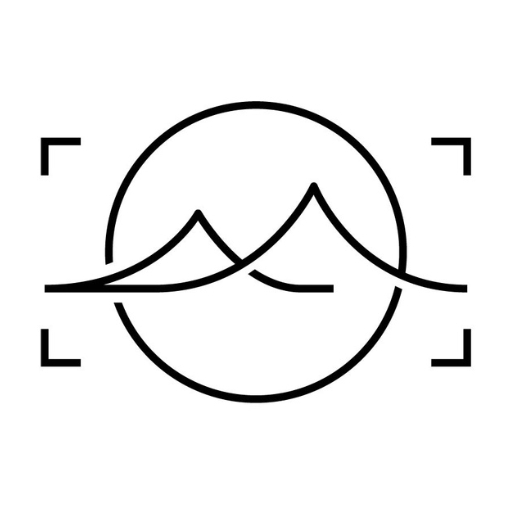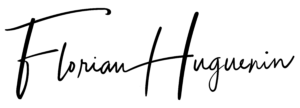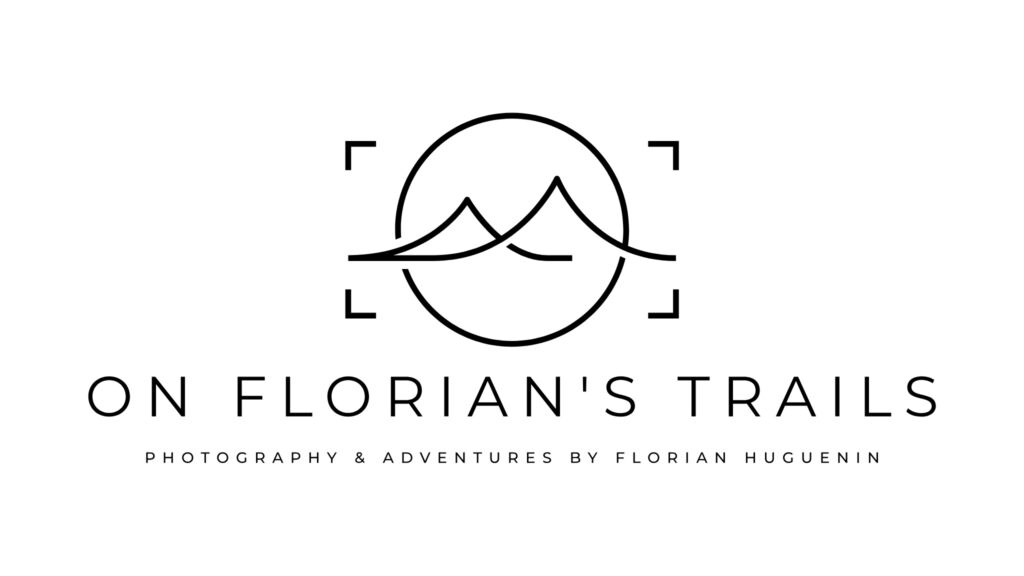As the sun heralded the dawn of Sunday, my heart raced with anticipation. Today was not just any day; it was the day I would immerse myself in the vibrant heart of the Sawa community at the Ngondo Festival in Douala, Cameroon.
This was no ordinary festival; it was a celebration deeply rooted in the culture and traditions of the coastal people, a pulsating rhythm of life that resonated with the spirits of both land and water.
I rose early, the excitement coursing through me like a river bound for the sea.
Today, I was not merely a spectator but a kind of participant, blessed with the rare opportunity to witness the festival’s highlight – the pirogue race – from the waters of the Wouri Bay itself, a vantage point usually reserved for traditional chiefs and their kin.
Their stories, like the waters of the Wouri, flow deep and ancient, binding them to the Miengu – mysterious, mermaid-like beings believed to dwell in the kingdom beneath the waves.
At 10:15, with the sun climbing higher in the sky, I joined my fellow travelers, our hearts beating in unison with the drumbeats of excitement. We boarded our boat at 10:30, smoothly gliding onto the Wouri, the lifeline of Douala, ready to witness a spectacle like no other.
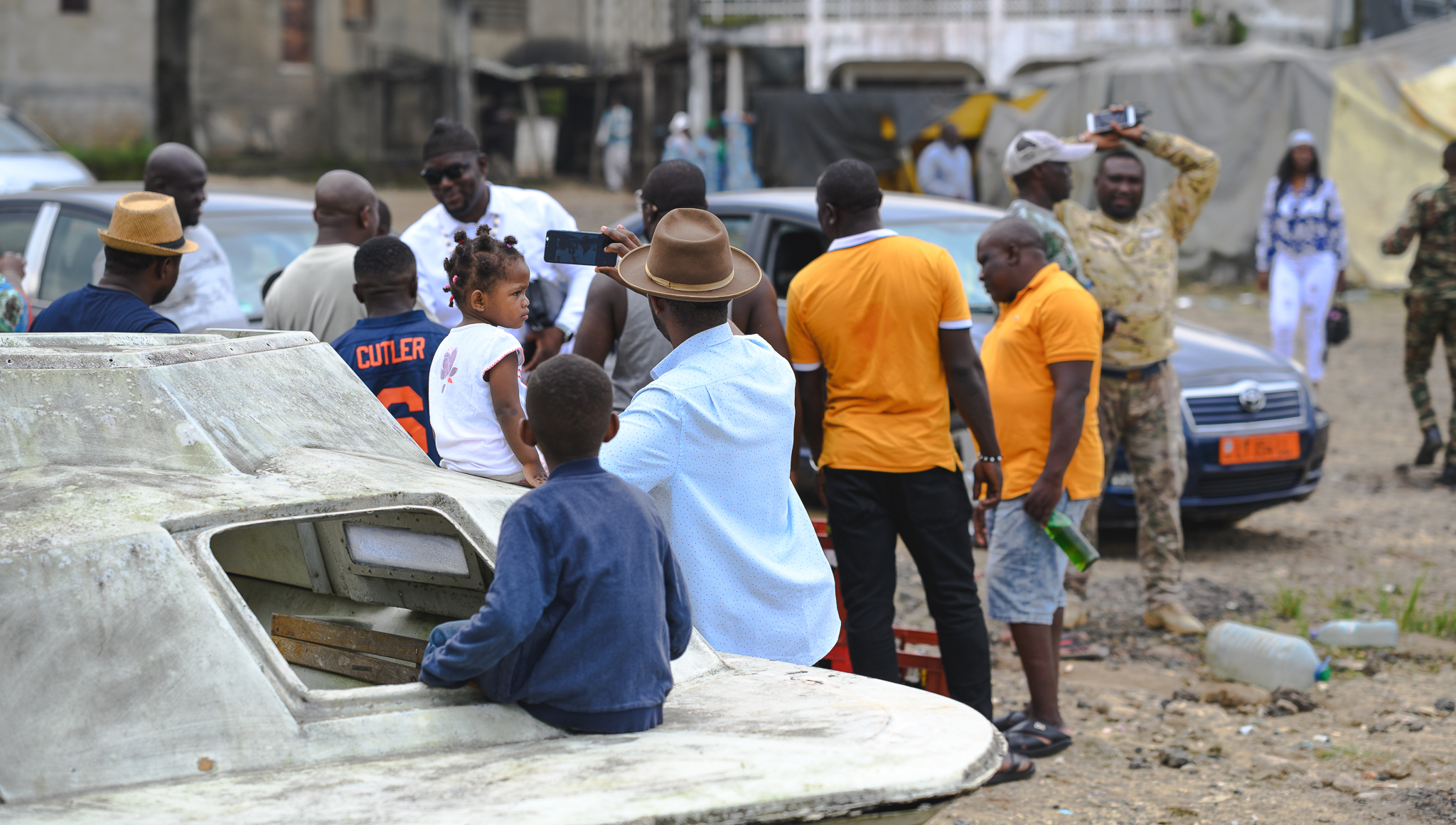
The Ngondo Race
The race began at 11:30, a parade of color and power as four pirogues sliced through the water. Each was a marvel, forty rowers moving in perfect synchrony, their oars dancing to an unseen rhythm, a harmony of human and nature. The pirogues, adorned with vibrant hues, cut through the waters, each stroke a testament to the strength and spirit of the Sawa.
Being on a boat amidst this spectacle was an experience beyond words. The river transformed into a stage, with each boat a player in this grand performance. The air was electric, filled with shouts of encouragement, laughter, and the rhythmic beating of drums. It was a joyous chaos, a celebration of life and community that transcended the boundaries of land and river.
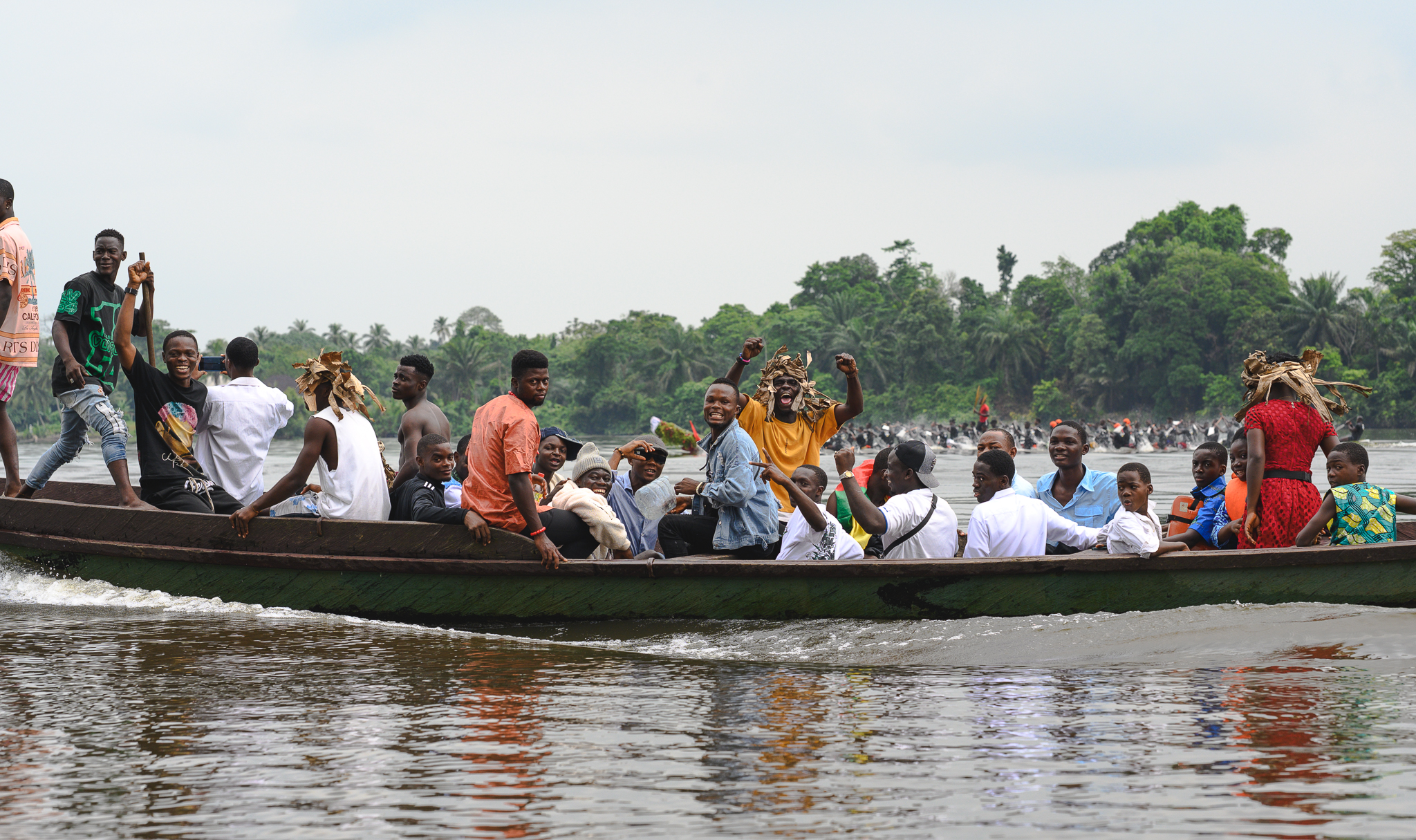
For two hours, time seemed to stand still as we cheered on the rowers, marveling at their skill and endurance. The race was more than a competition; it was a dance on water, a display of unity and perseverance.
As the race concluded and our boat returned to the shore, the magic of the day lingered in the air. Gratitude filled my heart – gratitude for Camertour.org (the travel company I visited the abandoned prison of Manoka Island with), for the opportunity to be part of this extraordinary event, and for the memories that would forever dance in my mind like the pirogues on the Wouri.
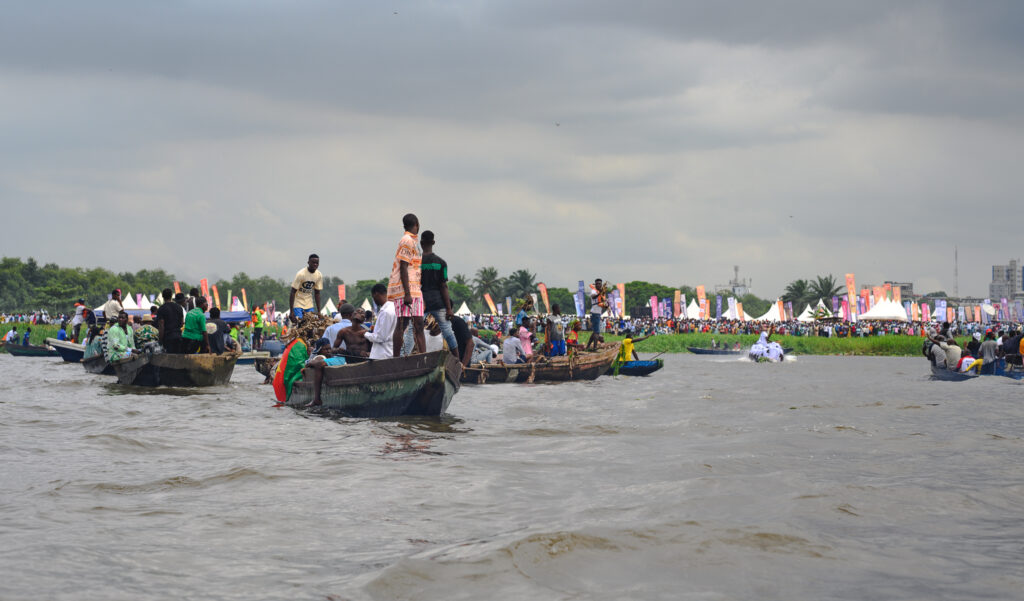
The Ngondo Festival was not just a day’s event; it was a vivid tapestry of culture, history, and community, woven into the very fabric of my being. As the sun set over Douala, I knew that the rhythms of the Wouri and the spirit of the Sawa would forever echo in the depths of my soul.
